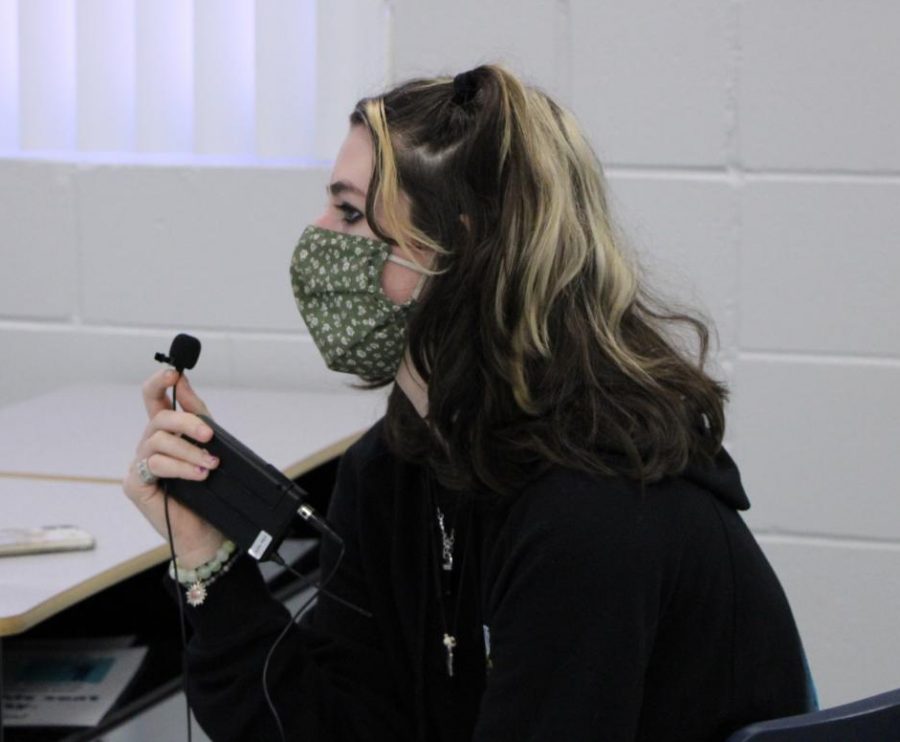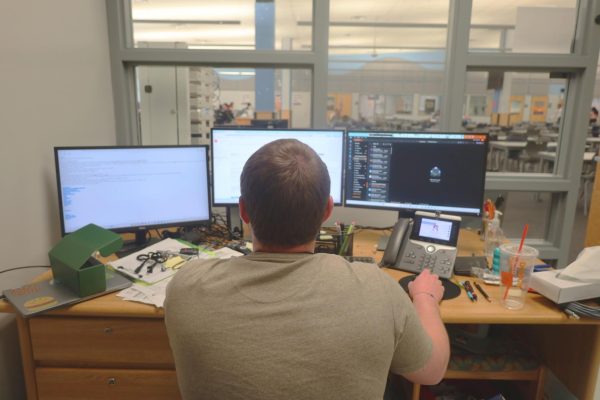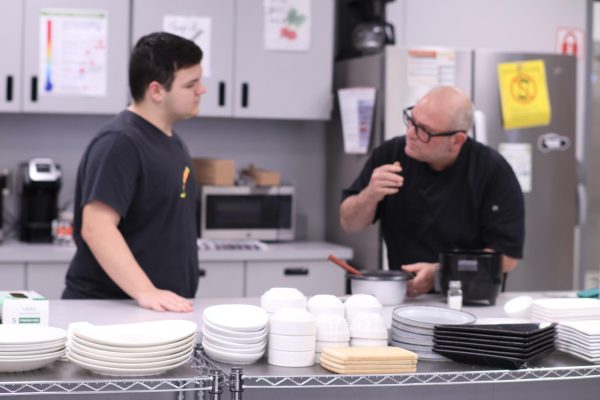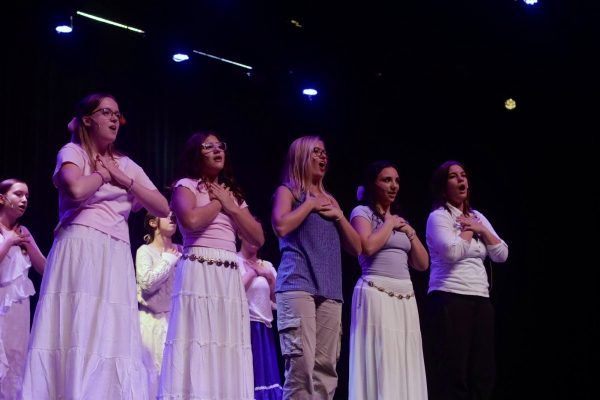Two years after the Environmental Club’s hiatus, five students decided to restart it, an effort that had ended after its previous sponsor, Marc Pooler, moved out of state. The club plans to promote sustainability on campus by helping students learn about the climate and how to help the environment. They also plan to partner with local organizations and participate in community events.
It hit the ground running, holding its first meeting on Dec. 8 and gaining 40 members before the start of winter break with two face to face events planned for January. The first meeting was intended to introduce the club’s general plans for the rest of the year, while t-shirt designs and upcoming beach cleanups were discussed in the second meeting on Jan. 19. The club plans to hold its meetings on the first Tuesday of every month, and their next meeting is scheduled for Feb. 9 from 3:30 to 4 p.m.
The club’s leaders have made an effort to incorporate both face-to-face and Seminole Connect students in their meetings, providing a Webex link on their Instagram page for students who cannot attend meetings in person.
“I think it’s great; I do Seminole Connect and I think it’s really awesome that I get to be in the club, even if I can’t make it to school or if I’m quarantined,” sophomore Kimbyrlee Clark said, “I want to better the world we live in.”
Clark’s passion for sustainability was sparked by the club’s creation. Excited to make more change in the community, she and other members attended the first nonvirtual club event, an upcycling workshop held on Jan 21. The event was hosted by Ideas For Us, an organization that promotes domestic gardening, recycling, and pollution reduction, and took place at their headquarters.
“[We used] t-shirts, toilet paper rolls, and glass bottles to make something new,” junior Edward Collazo Borges said.
Borges, the vice president of the club, participated in reinventing old t-shirts into functional tote bags during the workshop.
Partnering with Ideas For Us again, the club is scheduled to co-host a beach cleanup on Jan. 30 at Daytona Beach.
“I’m excited because I love the beach and it really is an area that gets a lot of trash. I think it’s great we’re going to go there and clean up,” Clark said.
Considering that schools produce an average of 4.7 pounds of waste per student, according to the American Federation of Teachers, the club is advocating for changes on campus as well.
“We should make a good compost or recycling program where we can compost our cafeteria food, recycle our plastic water bottles, and recycle masks that aren’t reusable,” said Collazo-Borges.
The Environmental Club intends to continue previous efforts and bring back recycling on campus. Although the Ecology class used to be responsible for picking up and emptying classroom recycling bins, there are currently few places to dispose of plastics and paper around campus.
“…hopefully in the future, you’ll see boxes that have places for students to recycle their paper and their plastics,” sponsor Janessa Hartman said. “We also had ideas of posters to spread awareness on how to be more environmentally friendly on campus.” Each poster would contain tips on composting, reusing, recycling, and limiting waste that would spread awareness about living sustainability, establishing eco-friendly habits that could be regularly used on campus.
In the future, the club wants to use the currently unmaintained garden between Hagerty’s sixth and seventh buildings.
“Our big fundraising project is currently to work with an organization that helps to create gardens and also helps to create irrigation systems to reduce water waste, help us grow vegetables, or help us grow plants that are friendly for pollinators,” Hartman said.
Although the project is expected to require an extensive amount of funding, the club sees the garden as an area with great potential and looks forward to renovating it.
I think it’s important to get students started early with thinking about…how they can reduce their carbon emissions,” Hartman said, “and I think that the students who are involved in this club really understand the importance of [sustainability].”







